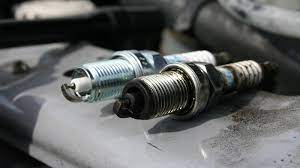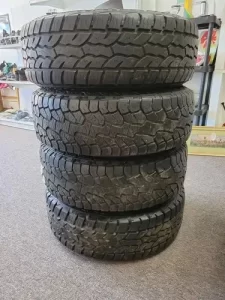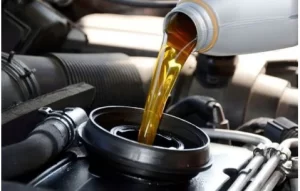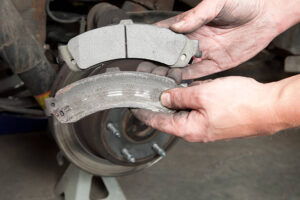
Make sure your engine is functional and fit.
An engine is the heart of a car. Your car’s engine must run smoothly in order to move. It is vital to maintain the engine’s efficiency and performance. These 10 engine maintenance tips will ensure your engine runs forever.
#1. Change engine oil at regular intervals
This is all you can do. Engine oil helps to keep all moving parts lubricated, so wear and tear is minimal. It traps dirt, dust, and sediments so they don’t get in places they shouldn’t. Every month, check oil levels and top up if necessary. The manufacturer will recommend the oil grade and intervals for oil change. It is also important because it filters out all contaminants from oil and prevents the engine from getting regulated again. This will ensure your engine runs smoothly and cools down.
#2. Check on your cooling system
Although we have made great strides in improving the efficiency of car engines, much of the energy lost in combustion is in the form heat. Heat is not a friend of metals and alloys that your car engine is constructed from. It is vital that coolant is available in the tank to prevent heat from escaping. Ideal is a 1:1 ratio of coolant to distilled water. It’s also a good idea to check the engine temp gauge when it’s hot and turn off your car if it starts to heat up.
#3. Let it breathe
Are you feeling short of breath? Are you feeling tired? You feel tired? An obstruction in the airflow can lead to fuel not burning completely, which can increase emissions and reduce mileage. If you notice that the filter is clogged with dirt or debris, it should be checked and changed. To function properly, your engine must breathe properly.
4. Look out for leaks
As you pull out from the driveway, make sure to check the parking spot for fluids. You should take the fuel to the nearest mechanic for testing. To check for leaking fuel, you can also look under the hood. You should be aware of engine oil and antifreeze when looking for leaks.
#5. Don’t keep going on reserve fuel
Petroleum oil contains sediments that settle to the bottom of your tank. After years of use, there will be a layer of junk that shouldn’t reach your engine. Low fuel can cause damage to the fuel pump and pull this crap into it. Don’t wait for it to reach your engine. Fill up your tank, and you can save money on fuel filter replacement and repair.
#6. Check your belts
The engine’s rubber belts are an essential link to ensure everything runs smoothly. You should replace your rubber belts if you hear a clicking sound under the hood. Even though your belts last a long time, you should inspect them for cracks or signs of wear. However, if your belts break while the engine is running it can cause severe damage to engine components.
#7. Don’t ignore the check engine light
This is your car’s gentle cry for help. This light should not be ignored. Get your car checked by a mechanic immediately. This is a self-diagnosis that’s meant to protect your engine. Although it’s not always serious, you will never know until you have it checked.
#8. Replace your fuel filter
This filter works in the same way as an oil filter, but it filters out any junk fuel from the engine. The new filter allows for free flow of clean fuel from the engine and fuel pump. This reduces the buildup in the engine, and it is able to consume fuel more efficiently.
#9. Replace spark plugs or wires
The spark plug is a fire starter. Because it is long-lasting, it ignites the air fuel mixture in the cylinders. It requires very little maintenance. Regular maintenance will help ensure the engine keeps its spark. Sometimes they don’t even require replacement. A little cleaning can help remove soot buildup around the electrode.
#10. Your engine doesn’t like revving to stop.
Engines are designed to run at constant speeds. This is where they are most efficient. Too much variation in the revs can cause it to wear out. It is very difficult to drive in city traffic, which involves constant movement and slowing down. Do not rev your engine too much. Be steady and do not over accelerate when you are aware that you must stop. Keep your vehicle on the highway as much as possible. This will allow you to get more mileage (now you understand why driving on the highway results is less fuel consumption). It will also keep your engine running longer.

















